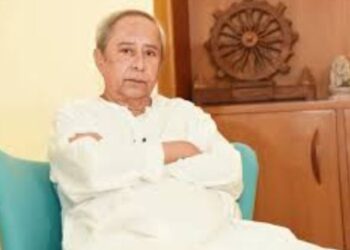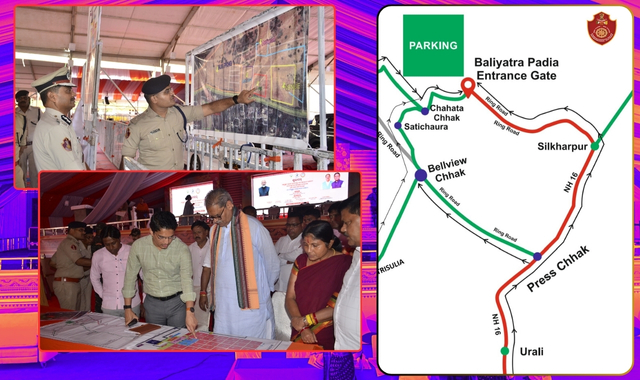The Biju Janata Dal (BJD), Odisha’s opposition party, has accused the state government of turning a blind eye to a troubling rise in Maoist activities across three districts—Dhenkanal, Jajpur, and Keonjhar.
Speaking at a press conference at Shankha Bhawan on Saturday, senior BJD leader and former minister Priti Ranjan Ghadai claimed that armed Maoists have been freely roaming, recruiting locals, and extorting money, threatening the state’s hard-earned peace.
Odisha was celebrated as a Maoist-free state in 2013, a milestone attributed to the policies of former Chief Minister Naveen Patnaik. However, Ghadai alleged that the new government’s inaction has allowed Maoist influence to creep back over the past 10 months. “This is a serious lapse in internal security,” he said, pointing to media reports that have consistently flagged the issue.
The accusations come in the wake of Chief Minister Mohan Charan Majhi’s admission in the state assembly that around 120 Maoists are currently active in Odisha. Responding to a question by MLA Prashant Kumar Jagdev, Majhi expressed the government’s goal to make Odisha Maoist-free again by 2026. However, the BJD argues that the government’s response lacks urgency and clarity.
Ghadai criticized the Odisha Police and the Home Department for failing to anticipate or counter the resurgence. “The ‘double engine’ government promised safety but is failing the people,” he said, referring to the BJP’s state and central alignment. He warned that the deteriorating law and order situation could deter investors, particularly in the affected districts, which are eyed for major industrial projects.
The BJD emphasized that the rise in Maoist activities is not just a security concern but a potential roadblock to Odisha’s development. “If investors lose confidence, the state’s progress will suffer,” Ghadai cautioned, urging the government to outline concrete steps to tackle the issue.
As Odisha grapples with this unexpected challenge, the BJD’s allegations have sparked a political firestorm, raising questions about the state’s ability to maintain its Maoist-free status and ensure the safety of its citizens.




















